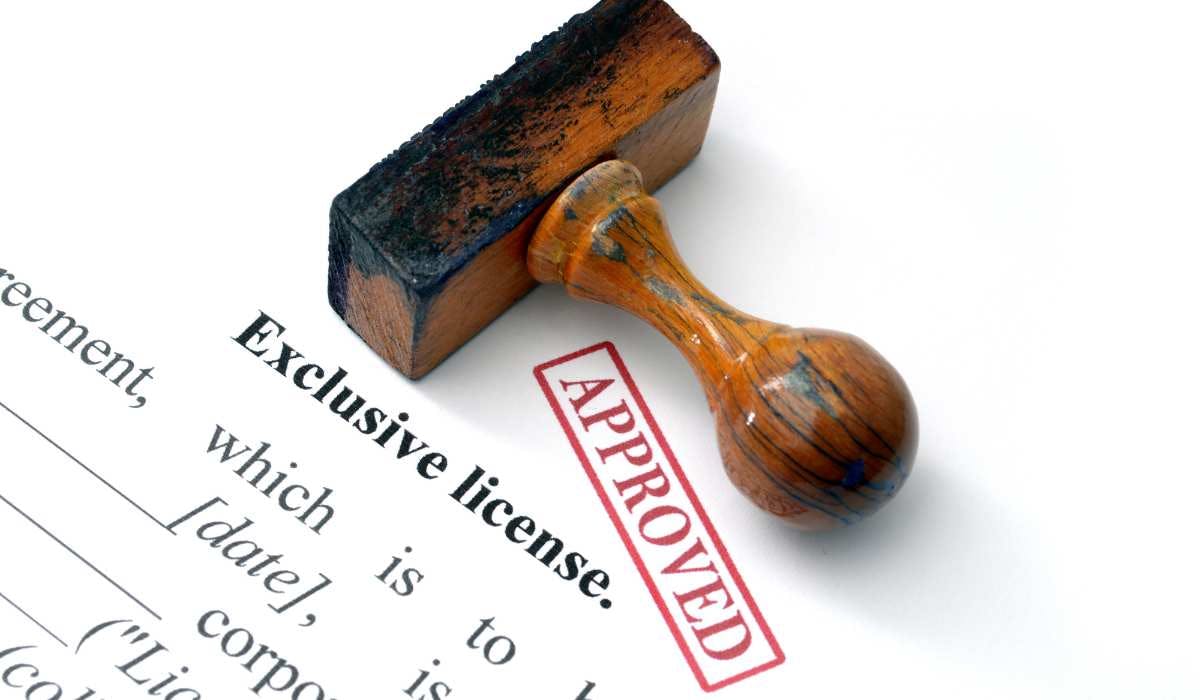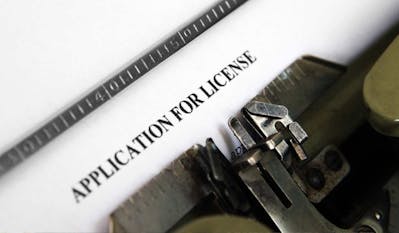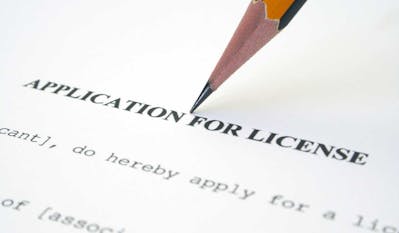Running a money-changing or remittance business in Hong Kong isn’t as simple as opening a shop and exchanging currencies.
To operate legally, you need a Money Service Operator (MSO) licence, issued and supervised by the Customs and Excise Department (C&ED) under Hong Kong’s anti-money laundering laws.
This guide explains what the licence covers, who needs one, how to apply, fees, compliance obligations, and penalties for non-compliance.
What Is an MSO Licence in Hong Kong?
A Money Service Operator (MSO) licence is legally required for any person or business providing money changing or remittance services in Hong Kong.
The licensing framework sits under the Anti-Money Laundering and Counter-Terrorist Financing Ordinance (AMLO), Cap. 615. The Hong Kong Customs and Excise Department (C&ED) is the regulator responsible for issuing licences, supervising compliance, and handling enforcement.
What Counts as “Money Service”?
Under Hong Kong law, “money service” includes money changing service and remittance service.
Money Changing Service
Money changing service refers to conducting currency exchange as a business, whether at a physical counter, kiosk, or through an online platform.
Occasional exchanges provided by hotels for guests, or shops that simply accept foreign currency for purchases without running a dedicated exchange business.
Remittance Service
Remittance service involves the transfer of funds, either sending, receiving, or arranging money transfers, between Hong Kong and overseas.
Examples are remittance agents, payment service providers, and money transfer operators.
Licensing Requirement
Anyone carrying out these activities in Hong Kong must obtain a Money Service Operator (MSO) licence from the Hong Kong Customs and Excise Department (C&ED), unless specifically exempted.
MSO License Exemptions in Hong Kong
Certain entities do not need an MSO licence where the service is only ancillary to their main business. These include:
- Authorized institutions (e.g., licensed banks)
- Certain licensed corporations under the Securities and Futures Ordinance (SFO)
- Authorized insurers, insurance brokers, or appointed insurance agents
- Stored Value Facility (SVF) licensees
- System operators or settlement institutions of the designated retail payment system
If an exemption applies, C&ED will not accept an application.
Eligibility Criteria to Apply for an MSO License in Hong Kong
To apply for a Money Service Operator (MSO) license in Hong Kong, applicants must meet strict regulatory requirements set out under the Anti-Money Laundering and Counter-Terrorist Financing Ordinance (AMLO):
Fit and Proper Test
All controllers (including sole proprietors, partners, directors, and ultimate owners) must be assessed as fit and proper by the Hong Kong Customs and Excise Department (C&ED).
Ultimate Owner
An ultimate owner is any individual who holds more than 25% ownership or control, or who exercises ultimate management control over the business.
Compliance Officer (CO) & Money Laundering Reporting Officer (MLRO)
Every MSO must appoint a CO and an MLRO. These roles must be filled by employees of the licensee, unless taken up by the proprietor, partner, director, or ultimate owner.
Competence Assessment
At least one member of senior management (sole proprietor, partner, or director) must successfully complete the required competence assessment before approval.
Business Registration Certificate
Applicants must hold a valid Business Registration Certificate under the Business Registration Ordinance (Cap. 310).
Applicants should review the Guideline on Criteria for Determining Fitness and Propriety and the AML Guideline issued by C&ED before applying.
Premises, LMO and LPS
- Specified premises – must be accessible for C&ED inspections and not purely residential. In mixed-use buildings, written consent from all occupants is required.
- Local Management Office (LMO) – mandatory for all licensees, staffed and controlled by the business. Outsourced addresses (e.g., accounting or secretarial firms) are not accepted.
- Local Place for Storage (LPS) – must be maintained in Hong Kong for record storage and inspection.

MSO License Application Process (Step-by-Step)
Step 1: Prepare Required Documents
Applicants must gather and complete all necessary forms and supporting papers, including:
- Form 1 and annexes (submitted through the MSOS online portal)
- A detailed Business Plan outlining services and operations
- An AML/CFT Policy (Anti-Money Laundering and Counter-Terrorist Financing)
- Supporting documents covering premises, ownership, CO/MLRO employment, and bank accounts
Step 2: Provide Premises Photos
Submit two 4R-size photos (interior and exterior) for each specified premises, Local Management Office (LMO), and Local Place of Storage (LPS).
Step 3: Submit the Application
Applications can be filed:
- Online via the MSOS portal
- By post
- In person at the Money Service Supervision Bureau in Kowloon Bay
Step 4: Acknowledgment and Requests
The C&ED will issue an acknowledgment. They may request additional documents. Incomplete submissions will not be processed.
Step 5: Interview, Fees, and Fit and Proper Test
Applicants (or key personnel) must:
- Attend an interview with C&ED officers
- Present original documents for verification
- Pay the applicable fees
- Nominate individuals for the Competence Assessment
Step 6: Competence Assessment
At least one member of senior management must attend and pass the assessment. Failure will likely result in rejection of the MSO license application.
Step 7: Decision and Licence Validity
If approved, the C&ED will issue an MSO license valid for 2 years.
Note: There is no statutory timeline. The duration depends on the completeness of documents, on-site inspections, background checks, and the Competence Assessment.
MSO License Fees in Hong Kong (Updated Fee Schedule)
| Application Type | Description | Fee (HKD) |
|---|---|---|
| New licence | Main application | 3,310 |
| Each additional premises | 2,220 | |
| Each person subject to fit-and-proper test | 860 | |
| Renewal | Main renewal | 790 |
| Each additional premises | 355 | |
| Each person subject to fit-and-proper test | 860 | |
| Changes | Approval to become director/partner/ultimate owner (per person) | 860 |
| Add premises (application to add or switch) | 2,220 |
Ongoing Obligations for MSO License Holders
Holding a Money Service Operator (MSO) license in Hong Kong comes with strict, ongoing compliance requirements set by the Customs and Excise Department (C&ED). Failure to comply can result in suspension or revocation of your licence.
AML/CFT Compliance Framework
MSOs must establish and maintain robust Anti-Money Laundering and Counter-Terrorist Financing (AML/CFT) policies. These should cover customer due diligence (CDD), ongoing monitoring, sanctions screening, and proper record-keeping.
Suspicious Transaction Reporting
Any suspicious transaction must be reported promptly to the Joint Financial Intelligence Unit (JFIU) as soon as it is reasonable to do so.
Quarterly Returns
MSOs must submit quarterly returns to the C&ED within two weeks of quarter-end using the prescribed form.
Premises and Licence Display
Local Management Offices (LMO) and Local Places of Storage (LPS) must remain compliant with C&ED requirements. The MSO licence must be clearly displayed at the business premises, and written consent is required if operating in mixed-use buildings.
Bank Account Restrictions
Only bank accounts held in the name of the licensed company, sole proprietor, partner, director, or ultimate owner may be used for money service operations.
Fit and Proper Standard
All controllers must remain fit and proper at all times. If a Compliance Officer (CO) or Money Laundering Reporting Officer (MLRO) leaves, a replacement must be appointed promptly to maintain compliance.
MSO License Validity, Penalties, and Verification in Hong Kong
MSO License Validity and Renewal
A Money Service Operator (MSO) license in Hong Kong is normally valid for 2 years.
The Customs and Excise Department (C&ED) sends a reminder about renewal around 90 days before expiry.
The licence will automatically lapse if the licensee dies (in the case of an individual), the partnership is dissolved, or the corporation is wound up.
Penalties for Operating Without an MSO License
Running a money service without a valid licence is a serious offence under the Anti-Money Laundering and Counter-Terrorist Financing Ordinance (AMLO):
- On indictment: up to HK$1,000,000 fine and 2 years’ imprisonment
- On summary conviction: up to HK$100,000 fine and 6 months’ imprisonment
Other offences include operating from unapproved premises, making unreported changes to directors or controllers, and failing to file quarterly returns.
MSO License Rejections
Applications may be rejected if:
- The applicant fails the fit-and-proper test
- The proposed Local Management Office (LMO) or Local Place of Storage (LPS) is unsuitable or not approved
- Required documents are incomplete or inaccurate
Applicants who are rejected may appeal to the Anti-Money Laundering and Counter-Terrorist Financing Review Tribunal within 21 days of the decision.
How to Verify an MSO License
You can verify whether a business holds a valid licence by searching the public Register of Licensees on the MSOS portal. The register includes licensee names and specified premises. A physical copy is also available at the C&ED office.
Final Thoughts
Obtaining an MSO licence is essential for operating a money-changing or remittance business in Hong Kong. The process is detailed, but once licensed, compliance ensures you can operate legally and sustainably.
Need help with your MSO licence application? Air Corporate can assist with documentation, compliance, and smooth handling of the process.
FAQs
No. Hotel guest exchanges and incidental retail acceptance of foreign currency are not “money service.”
No, not if the service is only ancillary to their main business.
Normally 2 years, subject to renewal.
C&ED may reject your application or renewal.






